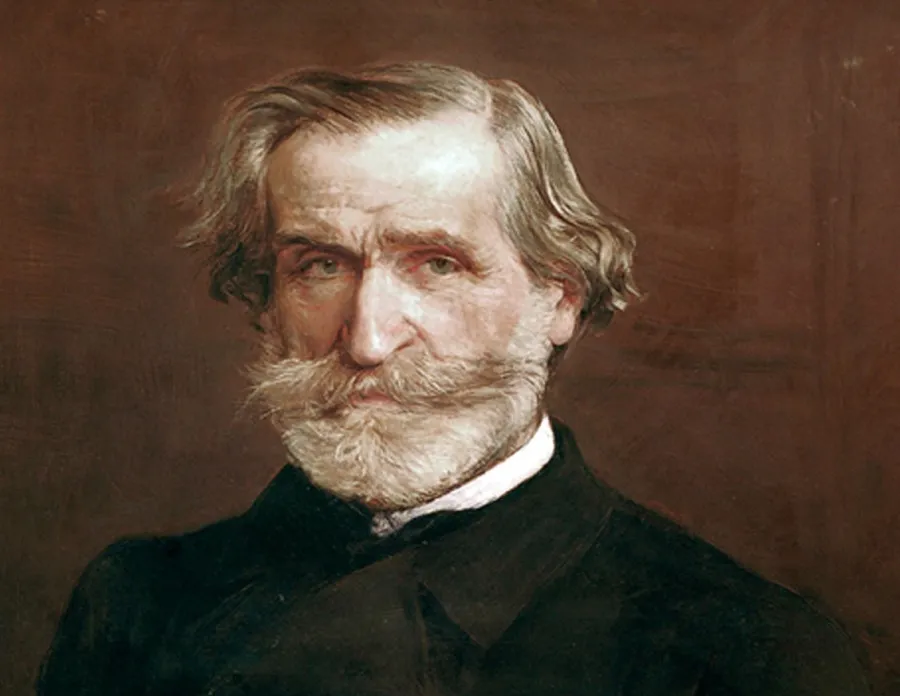In the second half of the 19th century, when nationalism swept through the Western music scene, a new opera master emerged in Italy, a country known for its opera writing, giuseppe Verdi (1813-1901). He used his music to paint one magnificent musical chapter after another.

Biography
Verdi was born in 1813 to a family of tavern operators near Bussetto in northern Italy.
What sparked Verdi's early musical ambitions was that of a Buseto businessman, Bajo Zi, who not only provided The best music education in Verdi, but at the age of seven, he again funded to send him to the Milan Conservatory, but unfortunately was not accepted.
He later studied music with LaVinia, a musician at la Scala.
Oberto
In 1839 his first opera, Obetto, was staged at the Teatro alla Scala, which was highly praised by the audience and opened the door for him to break into the Italian opera scene.
In 1842, with the success of his second opera Nabucodosor, he became a first-class Composer in Italy.
At that time, Italy was in the midst of a revolutionary wave to break away from Austrian rule, and he used his operas "The Lombards", "Hernanni", "Alzira", "La Battaglia di Legnano" and revolutionary songs to inspire the people to rise up and struggle, so he was called the "musical master of the Italian Revolution".
Alzira
Battle of Legnano
The 1850s were the peak of his work, establishing him as an opera master by writing seven operas, including Rigoletto, Il Trovatore, La Traviata, and Un Ballo in maschera.
Un Ballo in maschera
Later, in 1871, at the request of the Governor of Egypt, Aida was created for the opening ceremony of the Suez Canal.
Later in life, he wrote Otello and Falstaff based on Shakespeare's plays, both of which received deafening applause and cheers for their premieres.
Farstaff was also the last opera in his long and brilliant career.
Verdi was an outstanding representative of romantic opera, and its music was magnificent and dramatic.
Verdi makes good use of Italian folk tones, and the effect of orchestral music is also very rich, especially can depict the desires, personalities, and inner worlds of people in the play, with strong touching power, making him one of the most popular opera composers in the world.
Verdi composed 26 operas in his lifetime, such as La Traviata, Rigoletto, Aida, Othello, Troubadour, and Nabuco.
In addition to operas, in 1873, due to the death of his beloved old writer Manzoni, he composed the Requiem for Manzoni. On the first anniversary of Manzoni's death, the Requiem was played at the Basilica of San Marco and conducted by Verdi himself.
This masterpiece is Verdi's only acclaimed work other than opera.